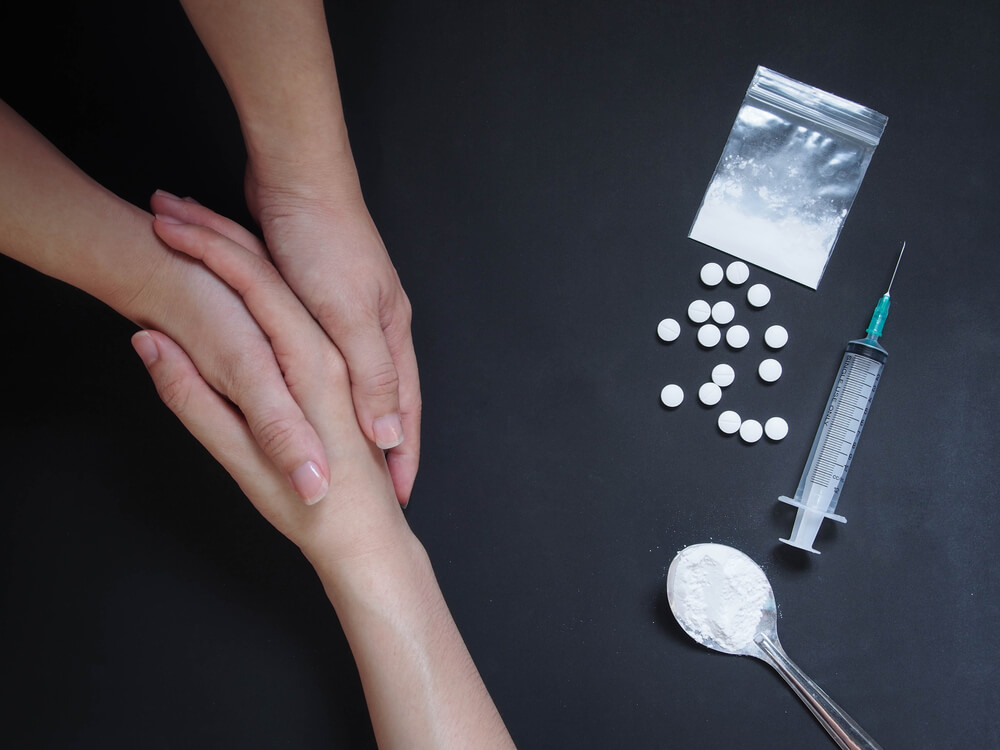With California’s drug use increasing from 8% of the population to 10% in recent years, there has been a pressing need for high-quality substance abuse treatment. Magnolia Recovery, among top rated drug rehabs Los Angeles, offers a full range of drug and alcohol addiction treatment that covers a full continuum of care. In addition to clinically supervised medical detox, we offer inpatient and outpatient treatment programs. These programs include evidence-based and holistic treatments that support recovery from even the most powerfully addictive substances like opioids, methamphetamine, and alcohol.
Substance addiction can take a strong hold over a person’s life. Although alcohol and drug addiction are known to erode mental and physical health, substance use disorders can also wreck relationships, careers, and everything that’s important in one’s life. Many people put off treatment, but that only causes the addiction to deepen. Too often, people think they can control their addiction; they might even deny they have one. Unfortunately, substance use disorders can seldom be managed without professional addiction treatment.

Drug and alcohol addiction is a chronic, relapsing condition. To prevent relapse, users must abstain from using altogether, but until they learn how to manage their disorder, they are often governed by their compulsions. The compulsion to use is great, and it occurs in spite of the negative consequences the individual knows they will face. Although there isn’t a cure for addiction, abstinence allows individuals to overcome their dependence and achieve long-term recovery.
At Magnolia Recovery of LA, we help people manage their addiction for the long term. Our addiction specialists work closely with each client to help them unravel the triggers that led them to abuse drugs or alcohol. Once they can identify these triggers, we can help them develop and practice strategies for managing them. The fact is, triggers can’t just be managed sometimes; they must be managed all the time. Otherwise, they can trigger relapse.
We prioritize individualized treatment at Magnolia Recovery. Upon evaluating each client’s condition, we create a treatment plan that addresses each of their needs, including dual diagnosis treatment if necessary. About one-third of individuals who have a substance use disorder also have a mental health issue such as bipolar disorder or depression. By providing comprehensive treatment, we can help clients successfully manage their addiction and achieve recovery.
18 Signs of Drug Addiction
Some signs and symptoms of drug addiction are subtle, but some are unmistakable. The following are among the most common:
- Missing school, work, or other important events.
- Spending more time with others who abuse drugs or alcohol and distancing oneself from friends who do not use these substances.
- Experiencing a reduction in the quality of one’s work. A student might begin to get bad grades. An employee might make more frequent mistakes that draw the attention of their boss.
- No longer participating in or enjoying activities or hobbies that were formerly enjoyable.
- Experiencing an increase in conflicts with friends, family, or colleagues.
- Experiencing mood swings; these mood swings might be pronounced and erratic.
- Thinking about using the drug or drinking throughout the day.
- Spending a considerable part of each week recovering from sessions of drug or alcohol abuse.
- Engaging in risky behaviors while under the influence of drugs such as having unprotected sex, operating a vehicle or machinery, or sharing needles.
- Doctor shopping to obtain prescription drugs.
- Using other people’s prescription drugs or mixing drugs without a prescription.
- Using drugs and drinking at the same time.
- Becoming increasingly secretive or lying about one’s drug or alcohol use.
- Experiencing weight loss / loss of appetite.
- Experiencing a decrease in coordination–falling more frequently or getting injured.
- Experiencing memory loss or black out–not being able to recall what happened while using drugs or alcohol.
- Wanting to stop using alcohol or drugs but not being able to.
- Experiencing withdrawal symptoms when not able to use drugs or alcohol.
Some drugs will cause certain signs and symptoms of their own. For instance, a person with an alcohol addiction may be prone to developing tremors. It’s not uncommon for depression to accompany alcoholism. Someone with a meth addiction might develop serious dental problems or other health issues that point to a meth issue. A person addicted to opioids may feel extremely lethargic and exhibit slurred speech.
The presence of withdrawal symptoms almost always indicates that a dependence has developed and possibly an addiction. However, keep in mind that even without the presence of dependence and addiction, an overdose can occur. Abusing drugs is dangerous as statistics demonstrate. For example, more than 450,000 people lost their lives to opioid drugs alone between 1999 and 2018. A person who abuses drugs can benefit from an evaluation and treatment as well as someone with a full-blown addiction.
Also, it is possible that a person might not recognize some of these signs and symptoms in themselves. Or, they might deny them to themselves. It’s important not to dismiss any family or good friends who recognize and mention these symptoms. If you begin to hear comments of concern from friends and family, take them seriously.
